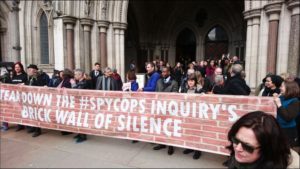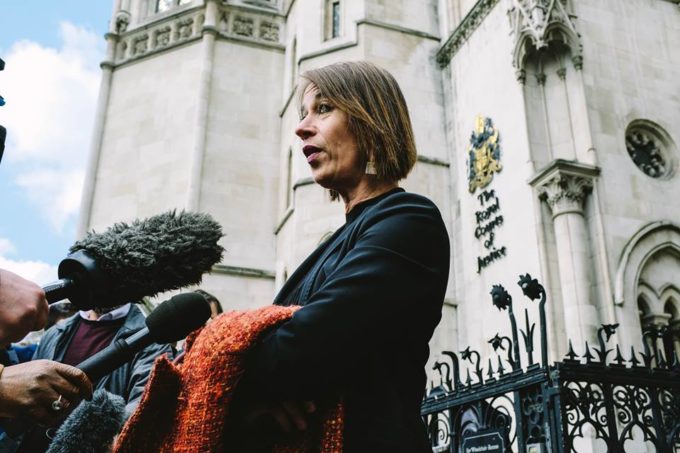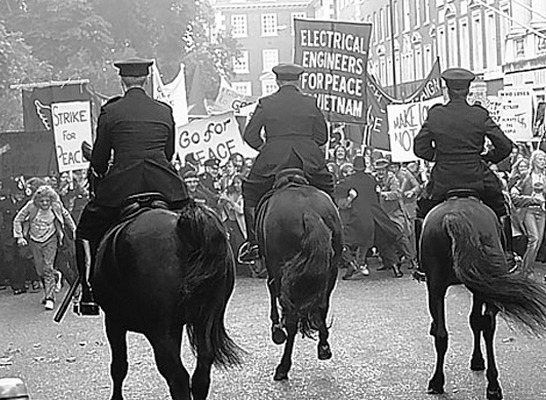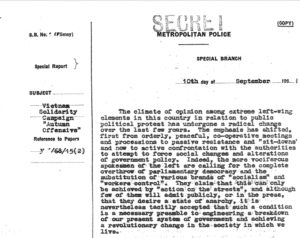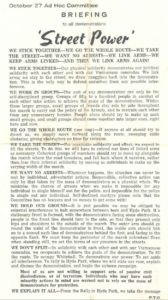Will Sajid Javid Save the Spycops Inquiry?
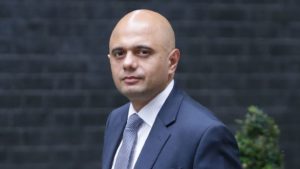
Sajid Javid
As Home Secretary, Amber Rudd’s intransigence brought the Undercover Policing Inquiry to crisis point. Will her successor Sajid Javid open his ears and undo her damage?
The country was shocked to learn of Britain’s political secret police units infiltrating more than 1,000 groups over 40 years, violating human rights, orchestrating miscarriages of justice and undermining democratic dissent.
When Theresa May’s choice of Chair for the public inquiry, Lord Pitchford, resigned for health reasons in May 2017, Amber Rudd appointed Sir John Mitting.
Mitting displays huge gullibility and misplaced faith in the integrity of the trained liar police officers whose wrongdoing is the subject of his Inquiry. He has ignored the sustained, increasingly desperate pleas of victims as he steers the Inquiry deeper into crisis of confidence.
Rudd stonewalled repeated appeals from victims to intervene. Women deceived into relationships by spycops and Neville Lawrence asked to meet her but the requests weren’t even acknowledged.
Victims who have been granted core participant status at the Inquiry are clear that Mitting must resign, or at least sit with a panel alongside him. Alison, an activist deceived into a five-year relationship by Special Demonstration Squad officer Mark Jenner, explained:
‘At the heart of this inquiry are the politics of race, sex and class. If we’re ever to get to the bottom of what’s been allowed to happen with undercover political policing in this country, we need an inquiry led by people with sensitivity, experience and real understanding of these issues.’
LAWRENCES STILL SHUT OUT
As we passed the 25th anniversary of the murder of Stephen Lawrence last week, Theresa May announced an annual Stephen Lawrence Day.
Just as she had commissioned the Undercover Policing Inquiry but restricted it to events in England and Wales, so May’s government gives an elevating hand to Stephen Lawrence’s memory then slaps it back down.
Whilst the annual commemoration may help people examine his legacy, Stephen’s loved ones are still being denied answers about what happened. The state is still protecting the corrupt police involved in spying on the family.
In 1998, five years after Stephen’s murder, the Macpherson inquiry examined the case and came to the famous conclusion that the Metropolitan Police were ‘institutionally racist’. Macpherson was meant to get to the bottom of the matter, but it was never even told about the Lawrences being spied on by undercover officers from the Special Demonstration Squad (SDS).
Spycop Peter Francis had been tasked by his SDS managers to ‘find dirt’ with which to discredit the Lawrence family and their associates. Later, at the time of the Macpherson inquiry, he suggested the unit should come clean to the Macpherson inquiry but was overruled by his superiors.
NOT JUST THE LAWRENCES
Stephen Lawrence’s campaign is just one of dozens of similar groups spied on and undermined by the SDS who worked hard to ensure the failings and racism of uniformed officers went unchecked. There had been a spate of racist attacks in South London before Stephen was killed. Two years earlier, 15 year old Rolan Adams had been murdered.
Rolan’s father Richard Adams said:
‘There is no doubt that had Rolan’s murder been investigated properly, Stephen Lawrence may still have been alive today.’
Instead, as with the Lawrences, the police resources that should have caught the teenager’s killers were spent instead on undermining the family’s quest for the truth.
NOT JUST THAT SPYCOP
The establishing of Stephen Lawrence Day cannot be meaningful while the state is still withholding the truth from Stephen’s family. It’s not just that the Home Secretary has repeatedly refused to meet Neville Lawrence. Last month we were finally told the fake name of SDS officer HN81, previously described as ‘a spy in the Lawrence family camp’. He was deployed as David Hagan.
But what was David Hagan’s real name? What did he report? Who else spied on them with him? Which other groups did Hagan spy on? What has he done since? Who ordered him to spy on the Lawrences?
The head of the SDS at the time of its spying on the Lawrences was an officer known only as HN58. Mitting has granted him full anonymity at the Inquiry, saying that because he has been married for a long time he is presumed to have been incapable of wrongdoing.
The spycops’ swathe of crimes, human rights abuses and counter-democratic stifling of campaigns has shocked all those who have heard of it. Yet, we only have partial details on a minority of officers. There is much, much more still below the waterline waiting to be revealed.
Though they are numerous, the black justice campaigns were a comparatively small proportion of the 1,000+ groups that were were spied on. Scores of people were fitted up with wrongful convictions and dozens of women deceived into long-term intimate relationships.
JUDGING THE JUDGE
All the victims deserve answers, as do the wider public whose democracy has been undermined by these agents paid out of public funds. To be effective, the Inquiry needs to understand what it means to be in a marginalised group and, under Mitting’s sole stewardship, it cannot do that.
The Macpherson inquiry had a panel of lay members whose experience was directly relevant to the issue. It is plain that Mitting should resign and hand over to a panel, or at least accept a panel to sit alongside him.
As the victims’ lawyer Phillippa Kaufmann QC told Mitting at an Inquiry hearing in February:
‘We have the usual white upper middle class elderly gentleman whose life experiences are a million miles away from those who were spied upon.’
With Mitting credulously granting police anonymity on dubious grounds and refusing to act on responses from those who were spied upon, Kaufmann led her legal team and the victims out of the February hearing.
Doreen Lawrence backed the walkout:
‘I want to know the names of the police officers who spied on me, my family and our campaign for justice. The chair is not allowing that, in my view, for reasons which are completely unjustifiable and unreasonable. Theresa May, then Home Secretary and now Prime Minister promised me a truly thorough, transparent and accountable inquiry.
‘This has turned into anything but that and before any more public money is spent on an Inquiry which does not achieve this, the chair should resign or continue with a panel which is not naive or old fashioned and which understands my concerns about policing and what I went through. Anything less than this will lead me to consider carefully whether I should continue to participate in this inquiry.’
A LAST REQUEST
Having expressed their concerns to both the Home Office and Mitting himself, last week victims delivered a letter to the Home Office calling for a panel to be appointed.
Three women who were deceived into relationships by undercover police officers – Andrea, Alison & Jessica – went with Neville Lawrence and Sharon Grant (widow of Bernie Grant, black Labour MP who was spied on) to personally hand the letter in.
Neville Lawrence explained:
‘We were grieving and someone felt it necessary to send people into my house to spy on us. The crime was outside my house but they spent the money to send undercover police into my house, that money could have been spent on finding the people who carried out the murder. I want answers.’
Mitting’s inclination towards secrecy makes the appointment of a panel all the more urgent; he has held more hearings in secret than in public. We need credible, independent people in there to hear the evidence rather than an uncritical judge drawing on his career of rubberstamping state surveillance.
Neville Lawrence is clear that the appointment of a panel of people from different backgrounds is make-or-break. If it the Inquiry doesn’t get that, he said:
‘I will withdraw from it. I will leave it alone because it’s a waste of my time. I’ve wasted two years already.’
With Amber Rudd’s departure from the Home Office, lawyers for spycops’ victims have already written to Sajid Javid. Will he meet with victims and restructure the Undercover Policing Inquiry so it can fulfil its purpose and reveal the truth about Britain’s political secret police?

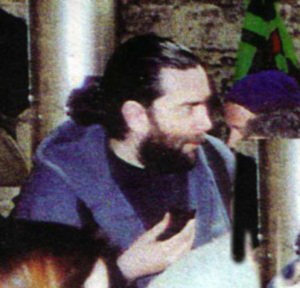
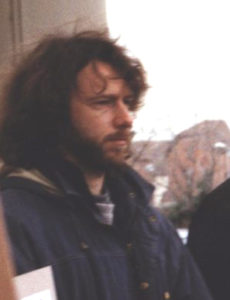
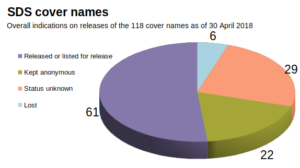 Yesterday the Undercover Research Group published
Yesterday the Undercover Research Group published 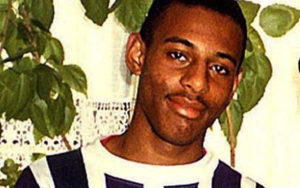
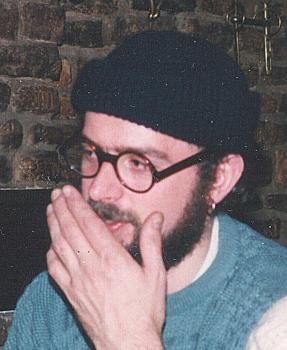

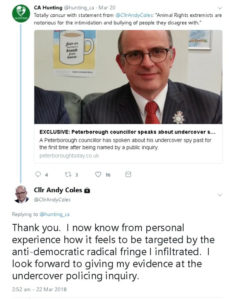 It was something he was well acquainted with – the author credit on the manual said he infiltrated ‘environmentalist & pacifist’ groups as well as animal rights.
It was something he was well acquainted with – the author credit on the manual said he infiltrated ‘environmentalist & pacifist’ groups as well as animal rights.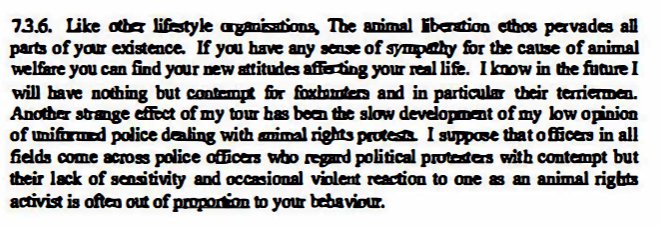

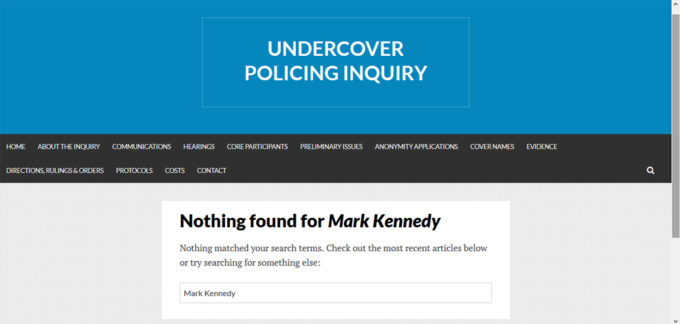

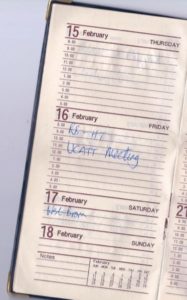
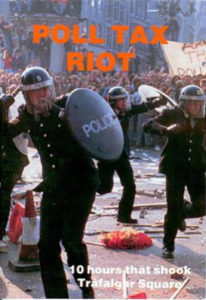
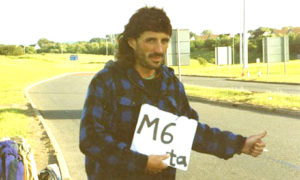
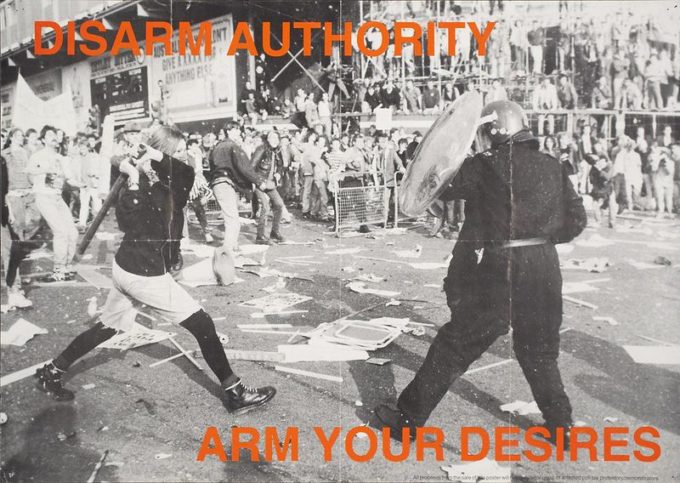
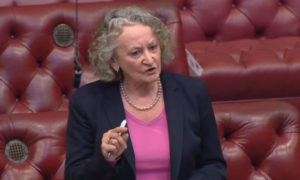 Last Wednesday, 21 March 2018, Jenny Jones (aka Baroness Jones of Moulsecoomb) probed the government about Britain’s political secret police in the House of Lords.
Last Wednesday, 21 March 2018, Jenny Jones (aka Baroness Jones of Moulsecoomb) probed the government about Britain’s political secret police in the House of Lords.